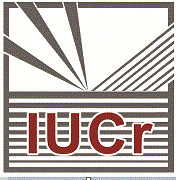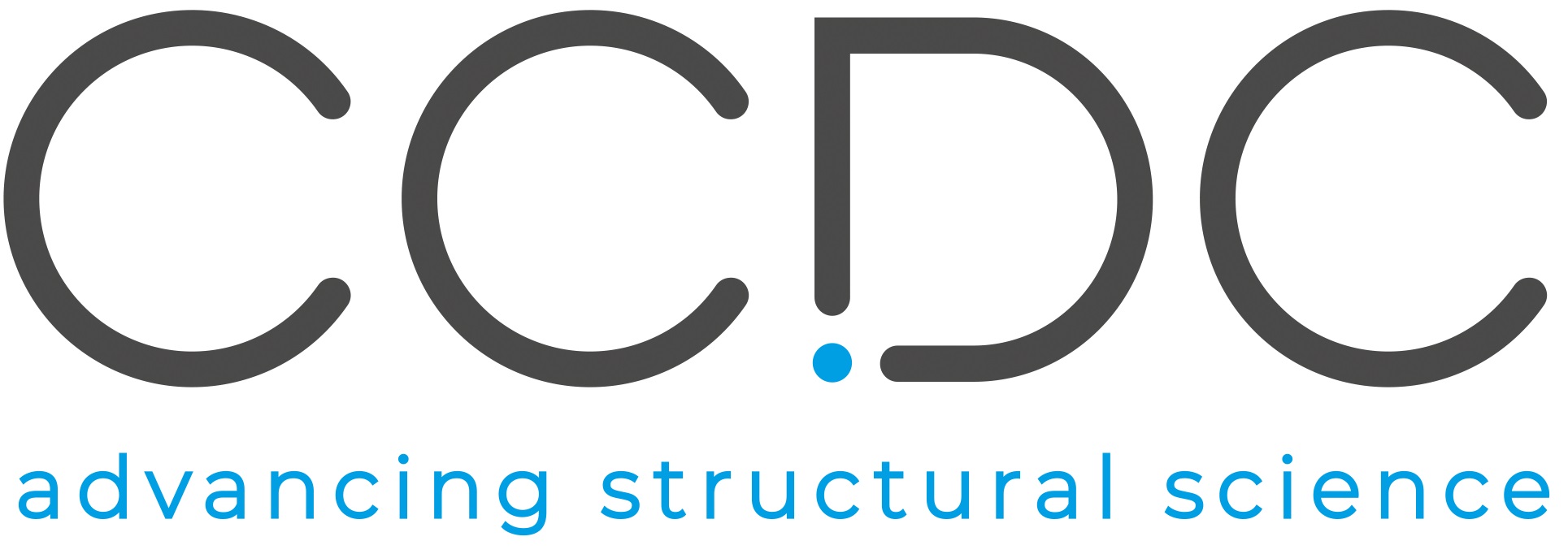29th March - 6th April 2025
The school staff consists of lecturers and tutors.
There will be tutor groups consisting of 6-8 students, each of which has an assigned tutor, and the aim is that all practical work is carried out as a group,
with the tutor making sure all members of the group understand each different piece of work or topic. A list of the lecturers and tutors can be found below.
Lecturers Andrew studied Chemistry in Oxford, followed by a PhD in the Department of Chemistry in Cambridge. The majority of his
research career has been spent in Denmark, at the University of Southern Denmark then at the University of Copenhagen, working in the areas of crystal
engineering and pharmaceutical materials science. He returned to Cambridge Chemistry in 2015, where he manages the Department's crystallography
facilities. He has served as a co-editor for Acta Crystallographica Sections B, C and E, and has previously been a student, tutor and lecturer
at the school. Richard followed a Chemistry MA from Oxford with a DPhil in Crystallographic Computing in the research group of David Watkin. After research posts in academia and industry he returned to Oxford Chemistry in 2010 as Head of Chemical Crystallography and Associate Professor. His research interests include
crystallographic structure analysis and application of machine learning classification methods to crystallographic data. In his spare time he is responsible for the development and distribution of the crystallographic analysis software CRYSTALS.
As Scientific Director of the Intensive School, he is responsible for organising its content. He is currently president of the British Crystallographic Association. Claire started her chemistry career at the University of Strathclyde with an MChem degree. During this time, she had an Erasmus year in Grenoble, a year in industry at Technologie Servier and completed her final year research project under the supervision of Dr Alan Kennedy. All of these factors gave her a strong influence of the field structural chemistry, so she then pursued a PhD at the University of Edinburgh under Dr Stephen Moggach. Claire's PhD focused on using crystallography and simulation to understand the mechanical properties and adsorption properties of metal-organic frameworks. After a simulation based postdoctoral position with Prof Tina Düren at the University of Bath, focused on the understanding of flexibility in MOFs and zeolites, Claire moved back to Edinburgh in 2019 to begin her independent academic career as a Christina Miller fellow, and has recently been appointed a Chancellor's Fellow and UKRI Future Leaders Fellow. Lukas is a crystallographer by education. He is interested in the solution of the phase problem by iterative dual-space methods,
and is developing software for structure solution based on these methods, especially involving the charge-flipping algorithm. His main research topic is currently the
application of electron diffraction to the solution and refinement of crystal structures. His specific interest is incommensurately modulated structures.
Mark did his undergraduate degree at the Durham University where he studied Chemistry, taking a year abroad at the University of Texas
at El Paso to complete his MChem degree. He moved to the University of Edinburgh in 2008 to undertake a PhD under the supervision of Paul Attfield. On completion of his
doctoral studies Mark moved to the magnetic X-ray scattering Beamline I16, Diamond Light Source where he continued his research into electronic and magnetic ordering phenomena
in the solid state and he also developed a new interest in multiferroic materials. In 2014, Mark was awarded a three year fellowship from the Royal Commission for the Exhibition of
1851 to study "Microscopic Mechanisms in Multiferroic Materials" in the Chemistry department at the University of Oxford where he worked closely with the Goodwin Group. In 2017,
Mark moved to the University of Warwick where he now holds a Royal Society University Research Fellowship on "Probing the Dynamic Properties of Functional Materials through
Symmetry Analysis". Besides conducting his program of research, he is also involved in lecturing and tutoring in 1st and 2nd year Inorganic Chemistry. Helena received an MChem from the University of Bath before moving to Durham University for a PhD under the supervision of Dr Andrés Goeta and Professor Judith Howard.
After Postdoctoral positions at the Laboratory of Coordination Chemistry (CNRS) in Toulouse and the University of Bath, Helena moved to the University of Kent in 2015, where she is currently a Reader in
Chemistry. Her research focuses on switchable molecular materials, investigating all aspects from fundamental structure-property correlations to novel synthetic approaches and applications. She has a
particular interest in studying phase transitions in molecular systems under extremes of pressure, temperature and light irradiation using a combination of crystallography, spectroscopy and magnetometry. Tutors Evening Sessions Databases Local Organisers Natalie completed her MChem and PhD in Chemistry at the University of York, funding for her PhD was from a departmental X-ray scholarship which entailed helping to run the crystallography service alongside her studies. In 2015 she moved to the University of Bristol, where she worked as a service crystallographer and with Dr Hazel Sparkes to research solid-state phenomena including thermochromism and photochromism. In 2024 she moved to Durham University where she is currently a service crystallographer. Judith began her scientific career with an Honours Degree from Bristol University and then she moved to Oxford
where she studied with Nobel Prize winner, Dorothy Hodgkin, OM. Judith received her D.Phil from Oxford University
in Chemical Crystallography using neutron diffraction techniques and returned to Bristol as a Research Fellow.
She moved to Durham in 1991 to the Foundation Chair in Structural Chemistry. In Durham, she has developed advanced X-ray diffraction instrumentation
for studying materials at very low temperatures combined with high pressures, enabling researchers to explore structure-property relationships of new
'smart' materials and to begin to explore dynamics in the solid state. Judith has been involved with the BCA school since its inception and remains
a vocal supporter of young people in science. Judith is now 'semi-retired' but continues to work in science in Durham and crystallography in particular. Hazel completed her undergraduate degree and PhD in Chemistry at the University of Bath, she then moved to
Durham to do a PDRA working for Professor Judith Howard, before being awarded a Leverhulme Early Career Research Fellowship which she held in Durham.
She worked at the University of Bristol as a crystallographer and researching
solid-state phenomena including photo-induced solid-state [2+2] cycloaddition reactions, thermochromism and photochromism. She also carried out charge density
studies into the bonding and atomic interactions in both organic small molecules and organometallic complexes. In 2024, she started working with OlexSys. Coure notes Andrew completed his MChem and DPhil in Chemistry at Oxford, the latter under the supervision of Prof. Andrew Goodwin. He is now Lecturer in Materials Characterisation at Imperial College London, following a postdoc on the extreme conditions beamline (ID27) at the ESRF. His research interests are in functional properties of flexible coordination polymers, in particular at high pressure. Many thanks to our sponsors, without whom it would not be possible to hold the 20th school:



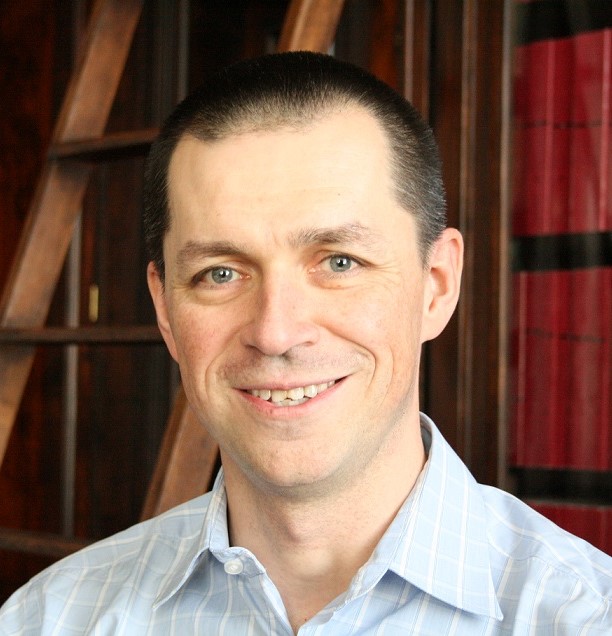

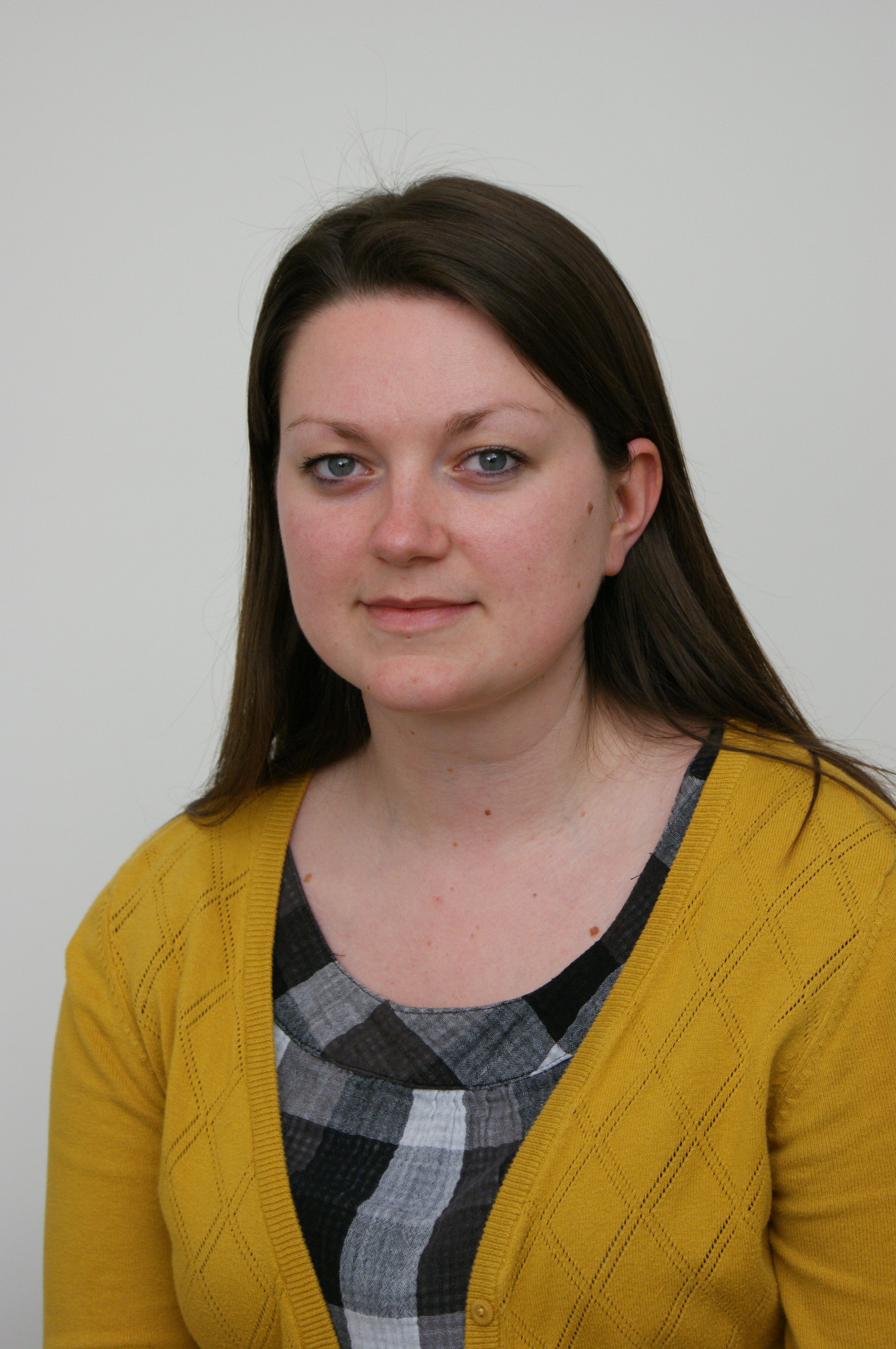
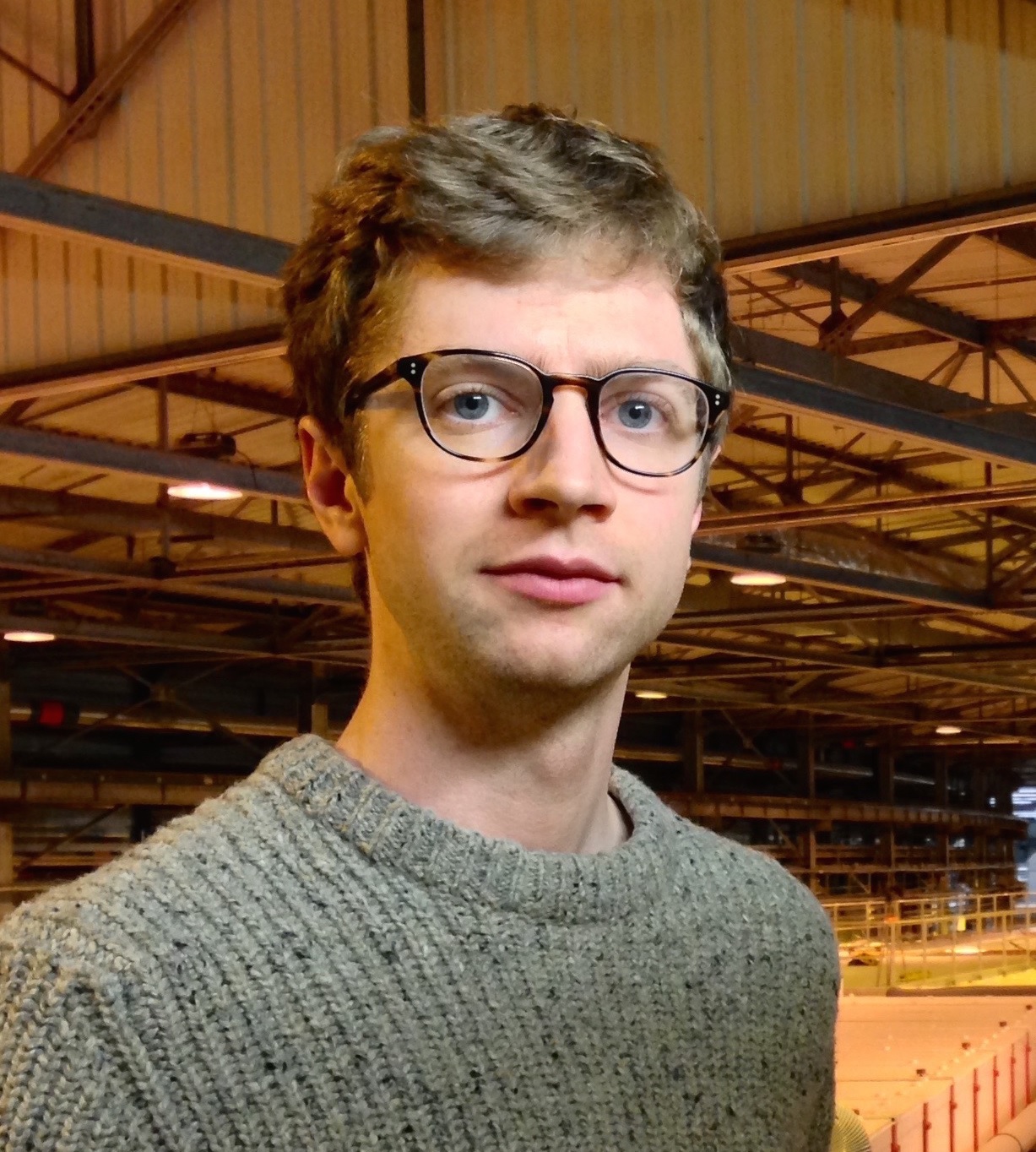




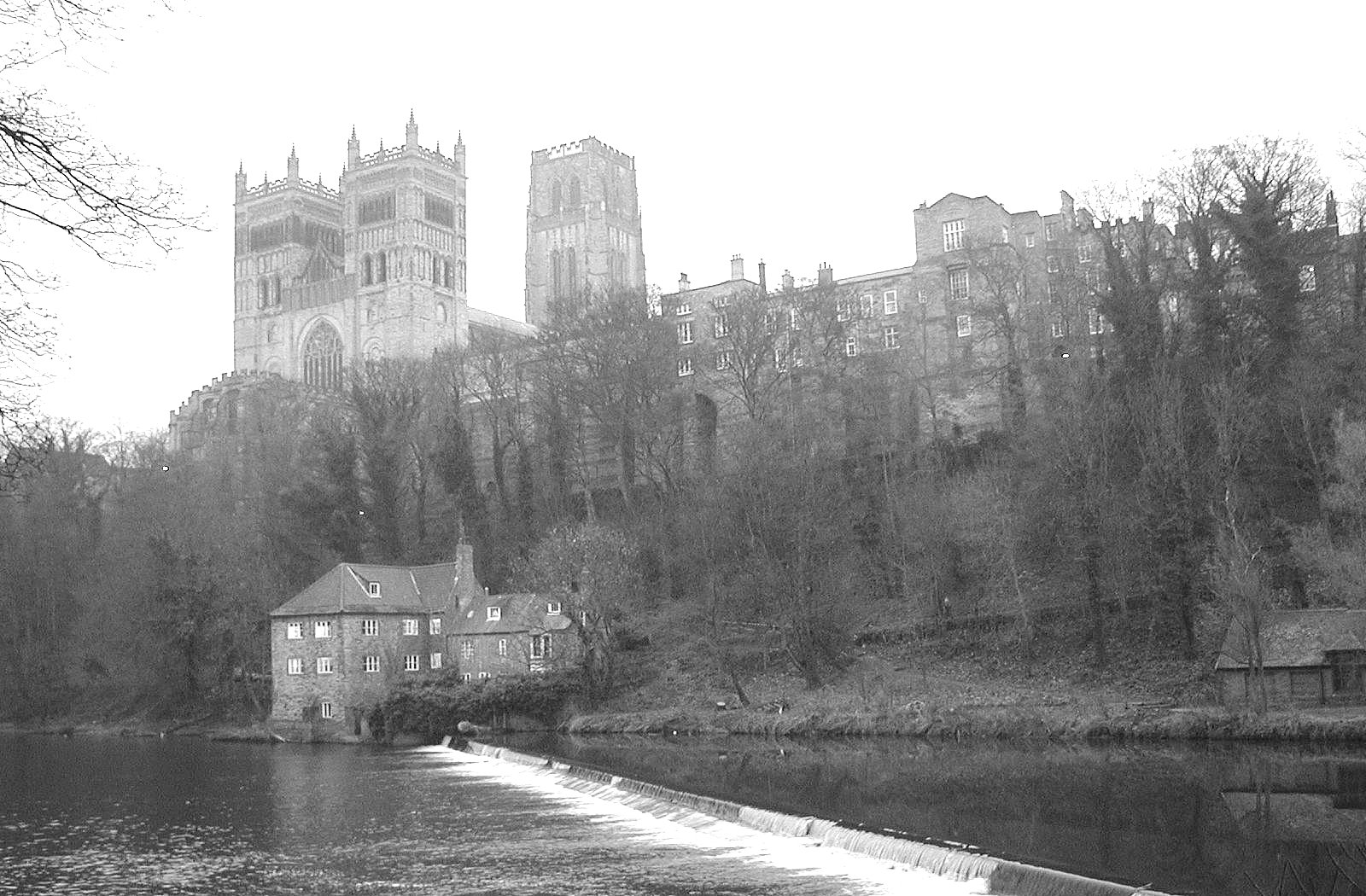







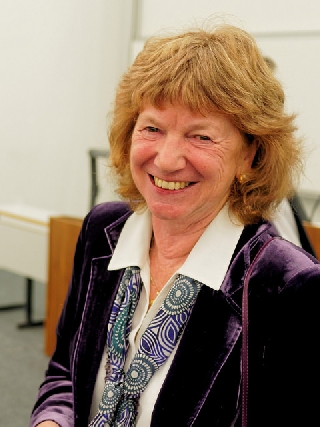
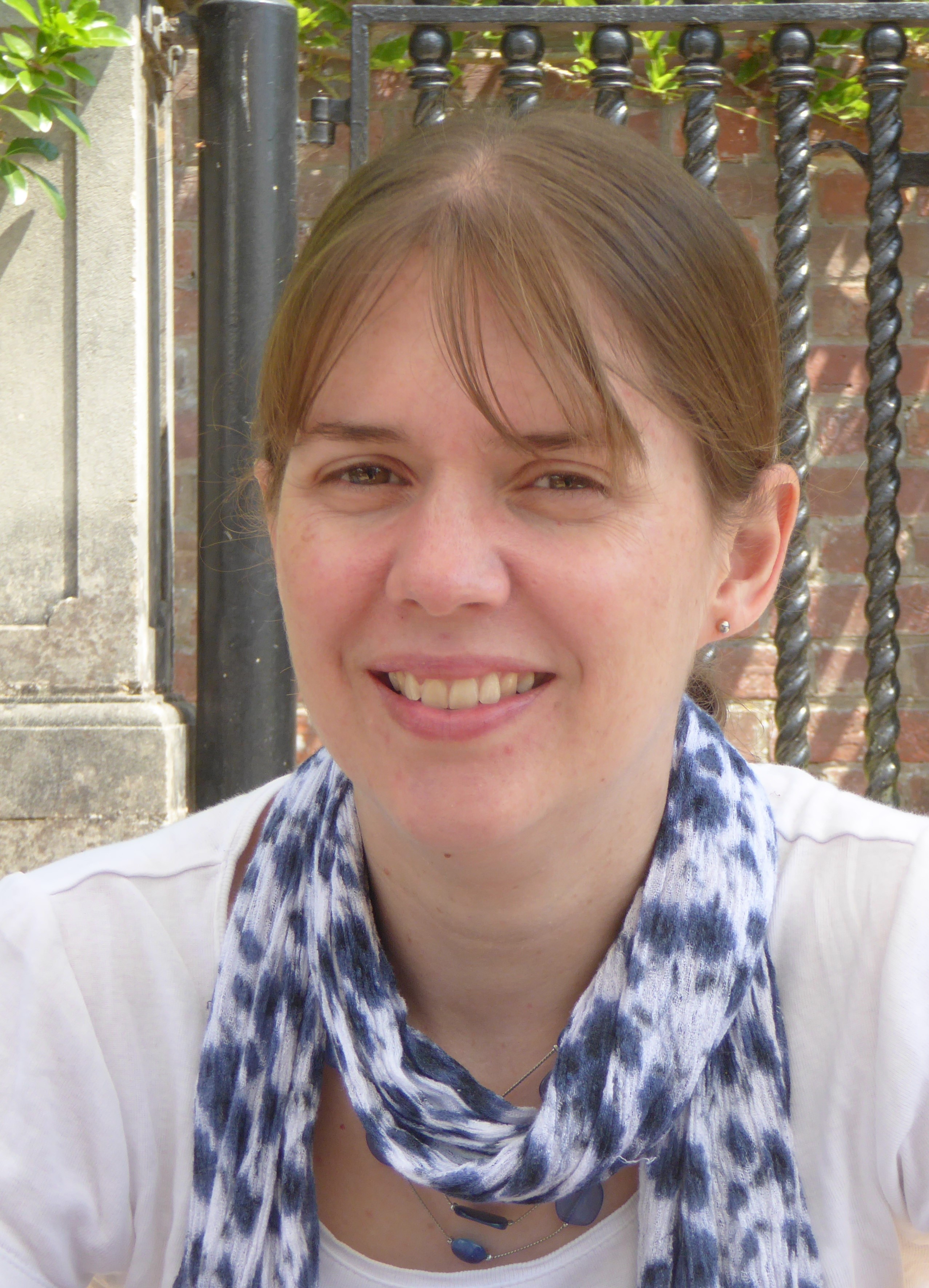

CCG, IUCr, ECA, Almac Group, Bruker, Rigaku, CCDC, BCA-IG, RSC Advances, CrystEngComm, Journal of Materials Chemistry C.
![]()
![]()
![]()

